Frequently Asked Questions
1. What is a folding knife?
2. Why is personal safety important?
3. What are the different types of folding knives?
4. What should I know about the legalities of carrying a folding knife?
5. How can I use a folding knife responsibly?
In today's world, personal safety is paramount, and one effective tool that many people choose is a pocket knife, commonly referred to as a folding knife. These compact tools can serve multiple functions while ensuring safety and preparedness, whether you're at home, on a camping trip, or in a daily urban environment. However, it's crucial to understand how to use folding knives responsibly to enhance personal safety, ensure legal compliance, and promote a culture of respect and understanding around weapons.
The Importance of Personal Safety
Personal safety encompasses a broad array of self-defense measures and preventive strategies that individuals can use to protect themselves in various situations. With rising crime rates and unpredictable environmental conditions, knowing how to fend for oneself has never been more vital. Folding knives can provide an added layer of protection, functioning both as a tool and a means of defense. However, the key to utilizing these tools responsibly lies in understanding their proper use, legal implications, and ethical considerations.
Understanding Folding Knives
Folding knives are characterized by their hinged blades that can be folded into the handle. They are compact, portable, and versatile, making them a popular choice among outdoor enthusiasts and everyday carry (EDC) enthusiasts. However, their popularity also necessitates a greater focus on responsible ownership. Below are several crucial aspects of folding knives that every user should be aware of:
Types of Folding Knives
- Lockback Folding Knives: Feature a locking mechanism that secures the blade in place when in use.
- Liner Lock Folding Knives: Utilize a liner to hold the blade open, considered easier to operate with one hand.
- Frame Lock Folding Knives: A variation of the liner lock that uses the knife's frame to keep the blade aligned.
- Slip Joint Folding Knives: Classic designs without a locking mechanism, requiring care to avoid accidental closure.
The Legal Landscape of Carrying Folding Knives
As popular as folding knives are, their legality varies significantly from one region to another. It’s vital to inform yourself about your local laws concerning carrying a folding knife. In some areas, these tools might be classified as weapons, while in others, they may be completely acceptable for everyday carry. Here are a few general guidelines:
- Blade Length Restrictions: Many regions impose limits on the blade length of folding knives that can be carried in public.
- Concealment Laws: Some locales may require that knives be carried openly, while others allow concealed carry.
- Prohibited Locations: Certain public spaces, such as schools and government buildings, may have strict regulations against carrying any knives.
To ensure you're not inadvertently breaking the law, it's best to familiarize yourself with local regulations and seek legal advice if needed. Always prioritize responsible ownership and abide by the law.
Using Folding Knives Responsibly
Owning a pocket knife comes with significant responsibilities. Here are key practices for responsible use:
Education and Training
Before you even consider using a folding knife, it's essential to educate yourself about its proper handling, potential risks, and best practices. Consider taking self-defense classes that include knife management or attending workshops that focus on knife usage. Investing time in understanding the tool will ensure you are prepared for any potential situation.
Always Be Mindful of Your Surroundings
Situational awareness is crucial when using a folding knife. Being conscious of your environment can help predict potential hazards and prevent accidents. Avoid using your knife in crowded areas or while engaging in activities that demand undivided attention and caution.
Proper Maintenance of Your Knife
A well-maintained folding knife is not only safer to use but also increases its longevity. Regularly clean the blade and hinge, and ensure it opens and closes smoothly. Maintain the sharpness of the blade, as a dull knife can cause more accidents than a sharp one. Consider learning about different sharpening techniques, which can enhance both the effectiveness and safety of your knife.
Folding Knives: Tools for Everyday Use
Folding knives are not just self-defense tools; they serve many other practical purposes. Here are a few everyday uses that emphasize their versatility:
- Opening Packages: Perfect for cutting open cardboard boxes or mail without damaging their contents.
- Food Preparation: Excellent for slicing fruits, vegetables, and even opening cans in emergency preparedness situations.
- DIY Projects: Useful in various crafting and home repair tasks, from cutting rope to scoring wood.
Being able to leverage a folding knife in these day-to-day situations can significantly increase its value as a useful tool, rather than merely a means of protection.
What to Do in an Emergency Situation
If you ever find yourself in a situation where you need to use your folding knife for self-defense, it’s crucial to know the right protocols. The following tips can guide you:
Stay Calm and Assess
In high-stress situations, remaining calm is essential for making clear judgments. Assess your surroundings and understand if the threat is genuine or if there’s a feasible escape route available.
Use Your Folding Knife as a Last Resort
Always attempt to de-escalate the situation, if possible. Deploy your knife only if it’s absolutely necessary to protect yourself or someone else. Make sure your motive is defense, not aggression.
Know How to Handle a Confrontation
In a tense situation, the last thing you want is to mishandle your folding knife. Practice holding it firmly without being overly aggressive. Ensure that your stance is stable, ready for a clear movement toward defense.
Building a Culture of Respect Around Folding Knives
As a folding knife owner, you become part of a larger community of enthusiasts. Building a culture of respect and responsibility is crucial in changing public perceptions about knives. Here are some suggestions:
- Advocate Education: Promote workshops and classes that educate people about the responsible use of folding knives.
- Be an Example: Lead by example; show responsible handling, maintenance, and legal compliance in your interactions.
- Engage Online: Join forums or social media groups focused on knife use; share useful tips and resources.
By cultivating an environment that prioritizes safety and education, you can help alleviate fears associated with folding knives and promote their value as tools for good.
Embracing Safety and Responsibility Together
In conclusion, the responsible use of folding knives is an essential skill for anyone who values their personal safety. By understanding the different types of folding knives, adhering to local laws, practicing proper handling and maintenance, and contributing to a culture of education and respect, you can ensure that these versatile tools serve their purpose effectively while retaining safety as a priority. Remember, with great power comes great responsibility, and owning a pocket knife is no different. Let’s advocate for responsible knife usage to enhance our safety and the safety of those around us.


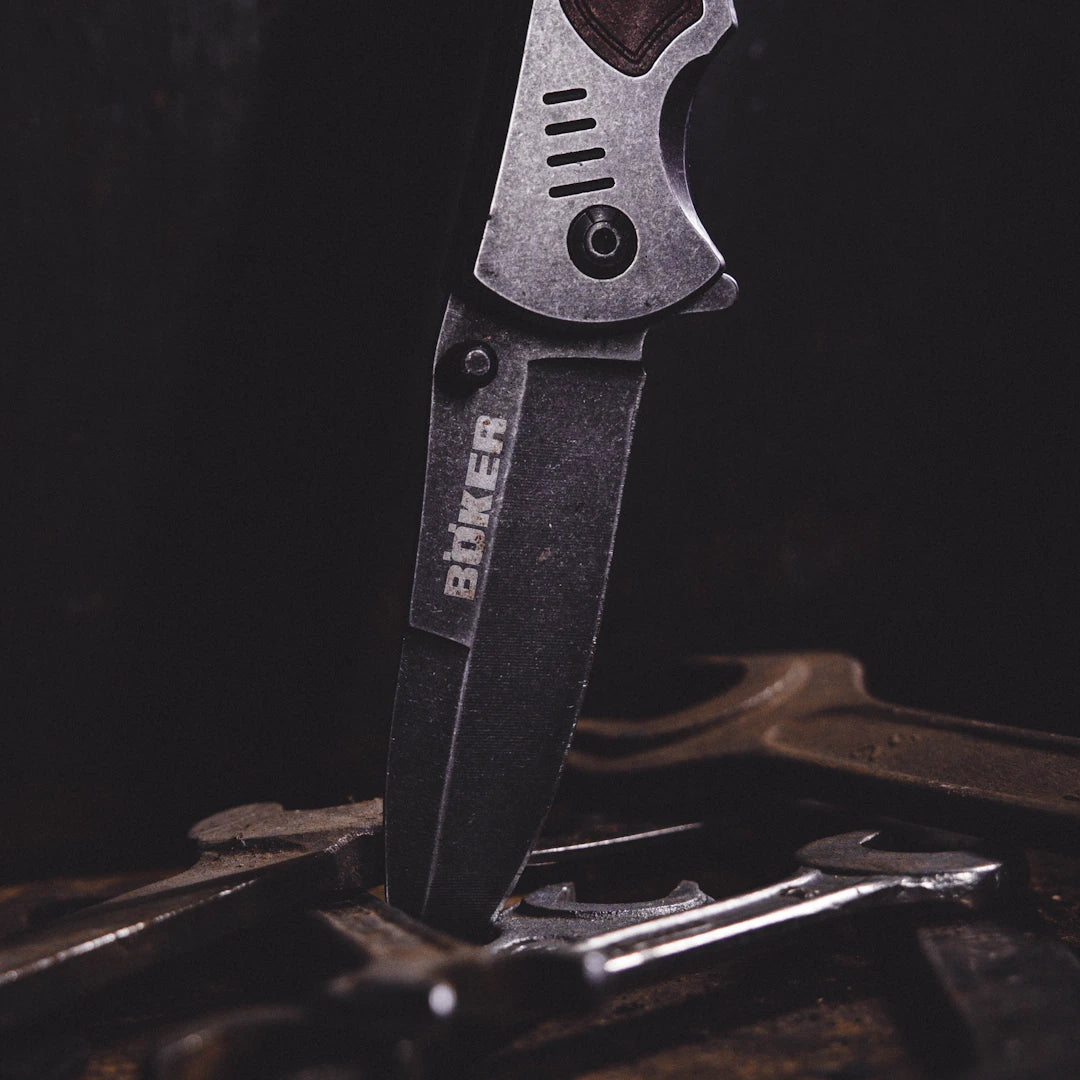

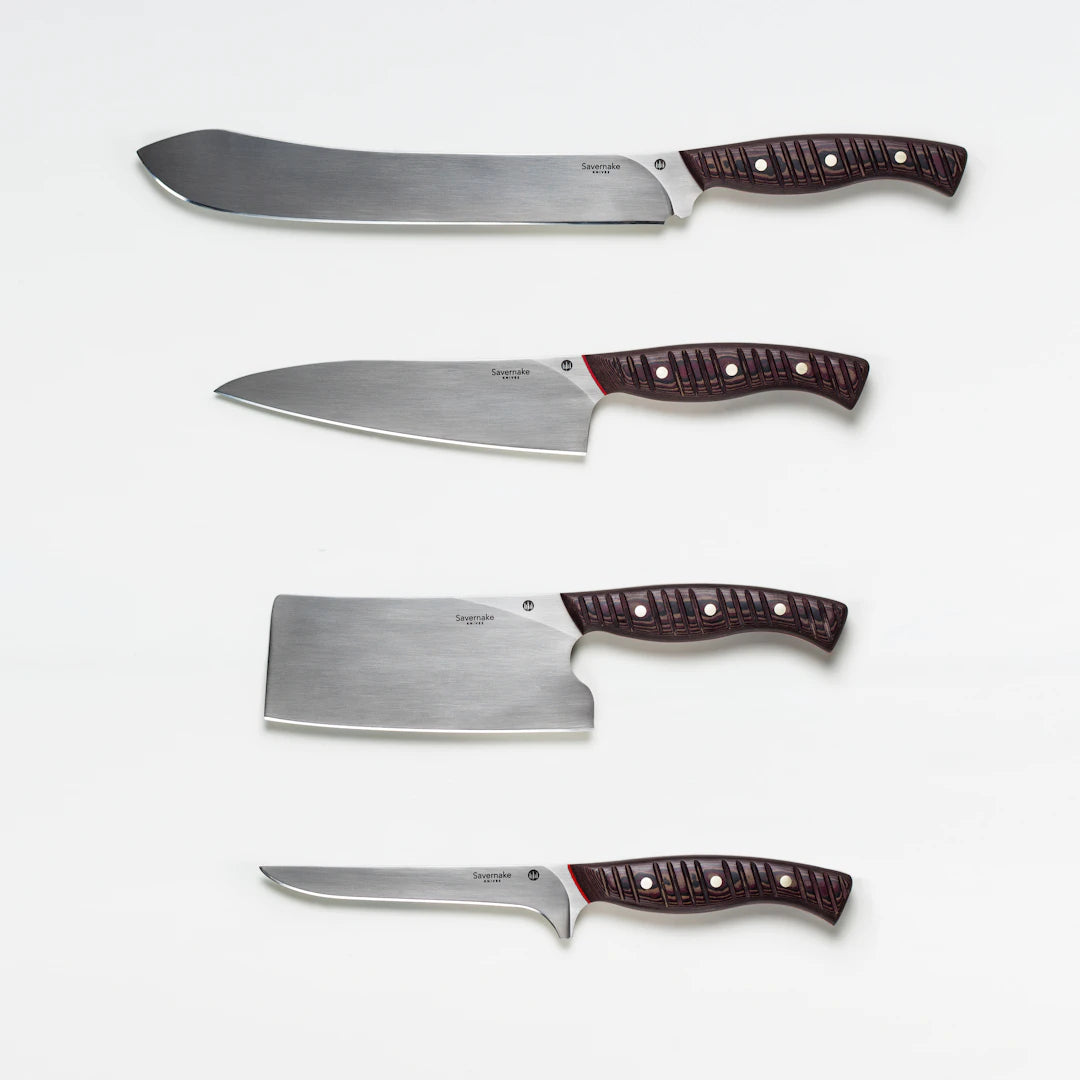
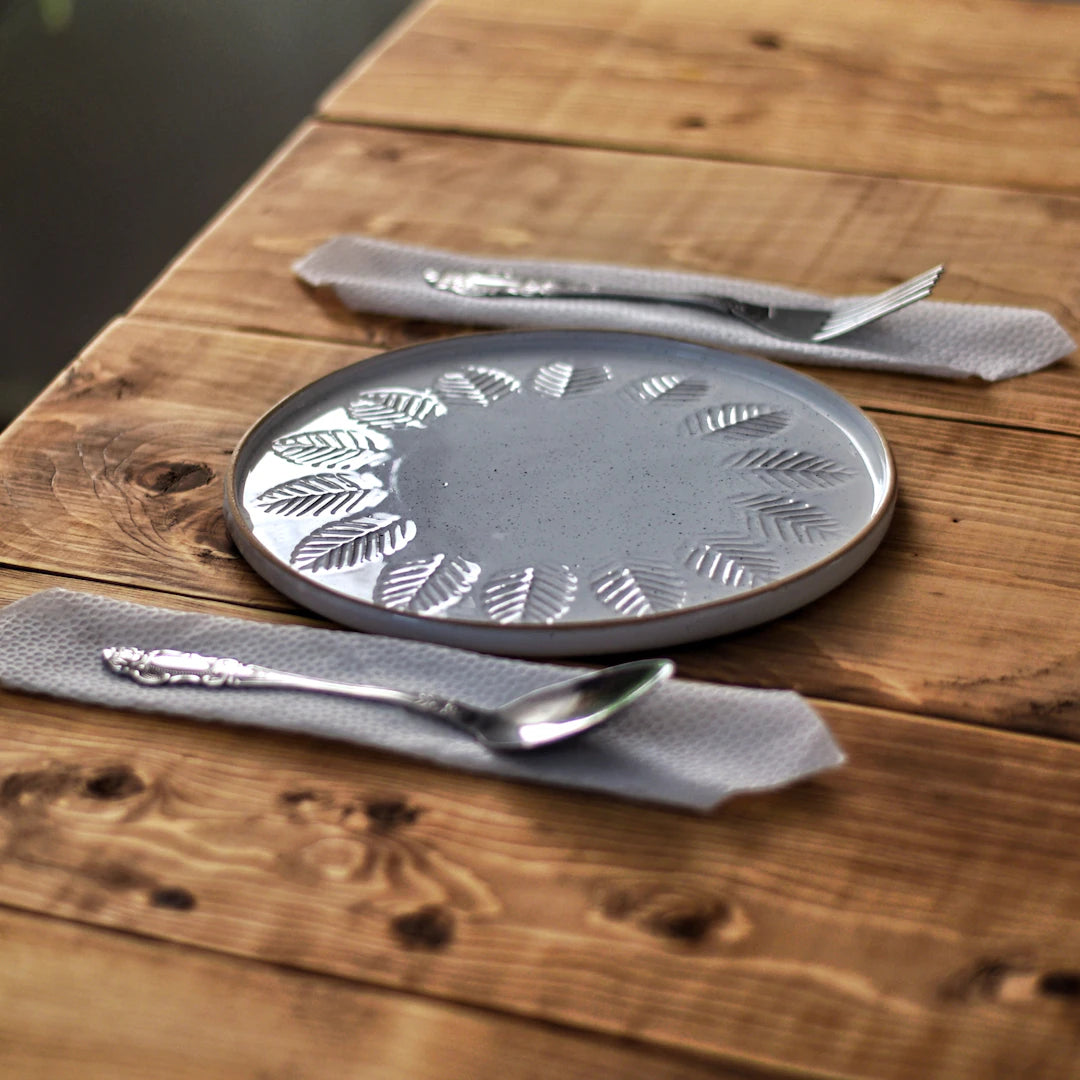
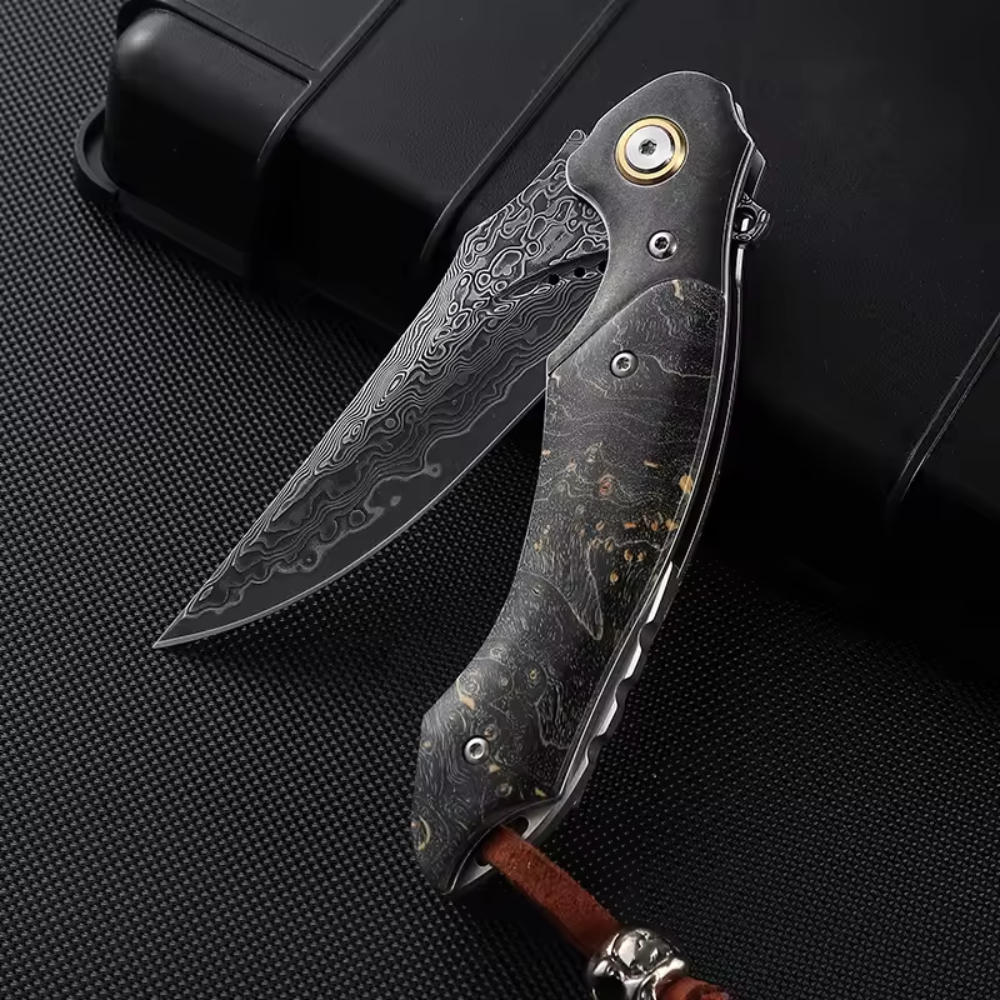
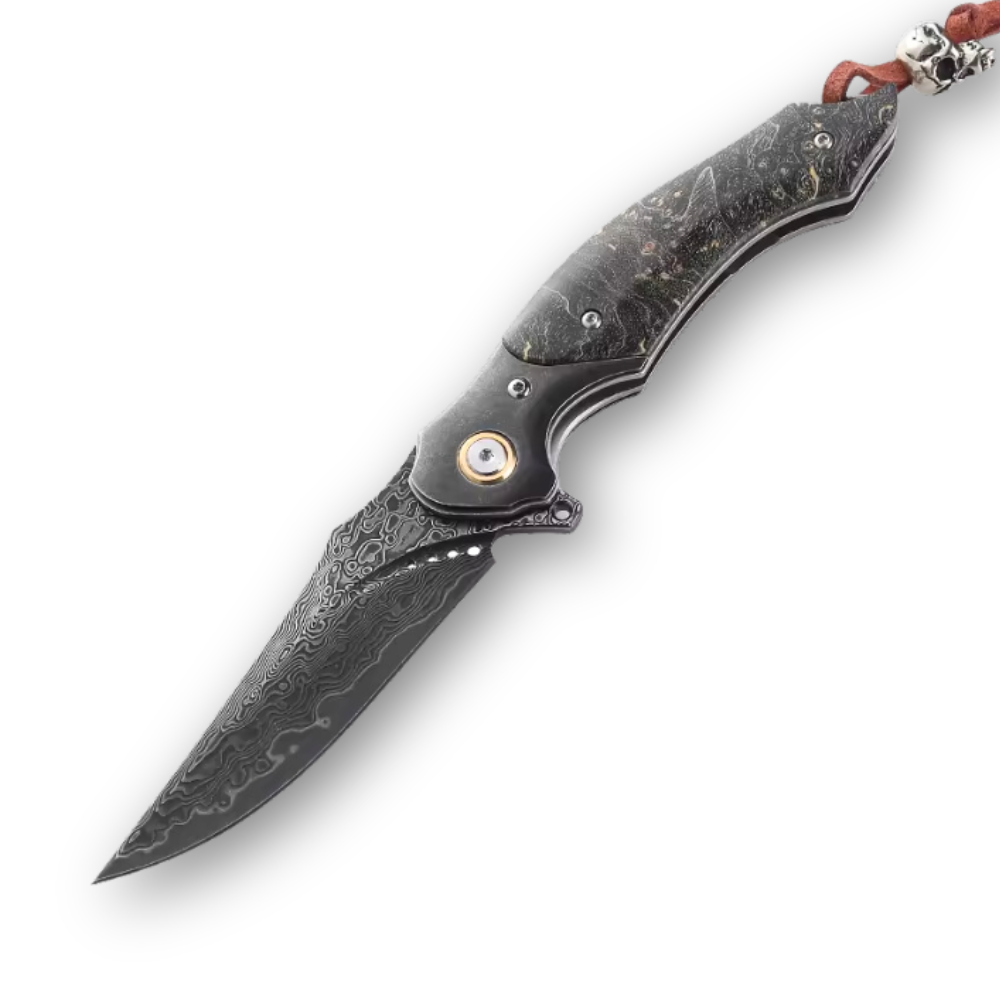
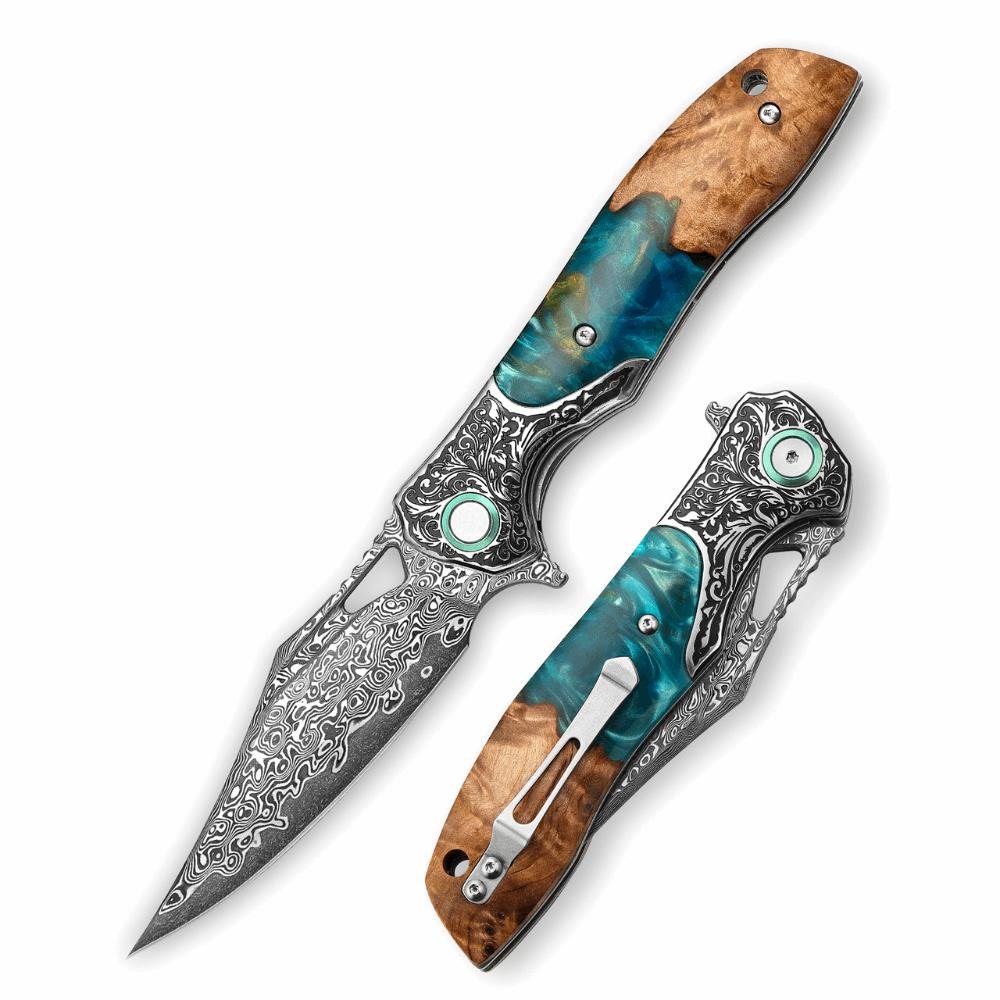
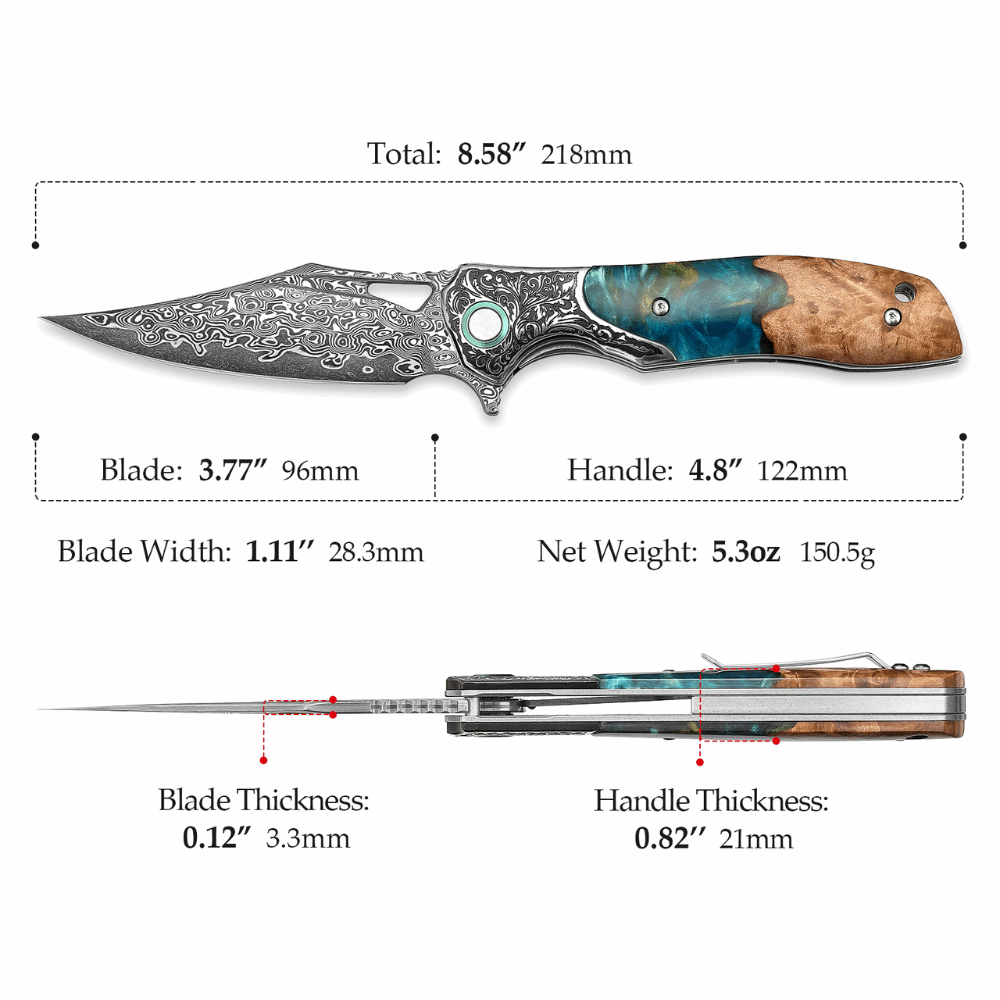
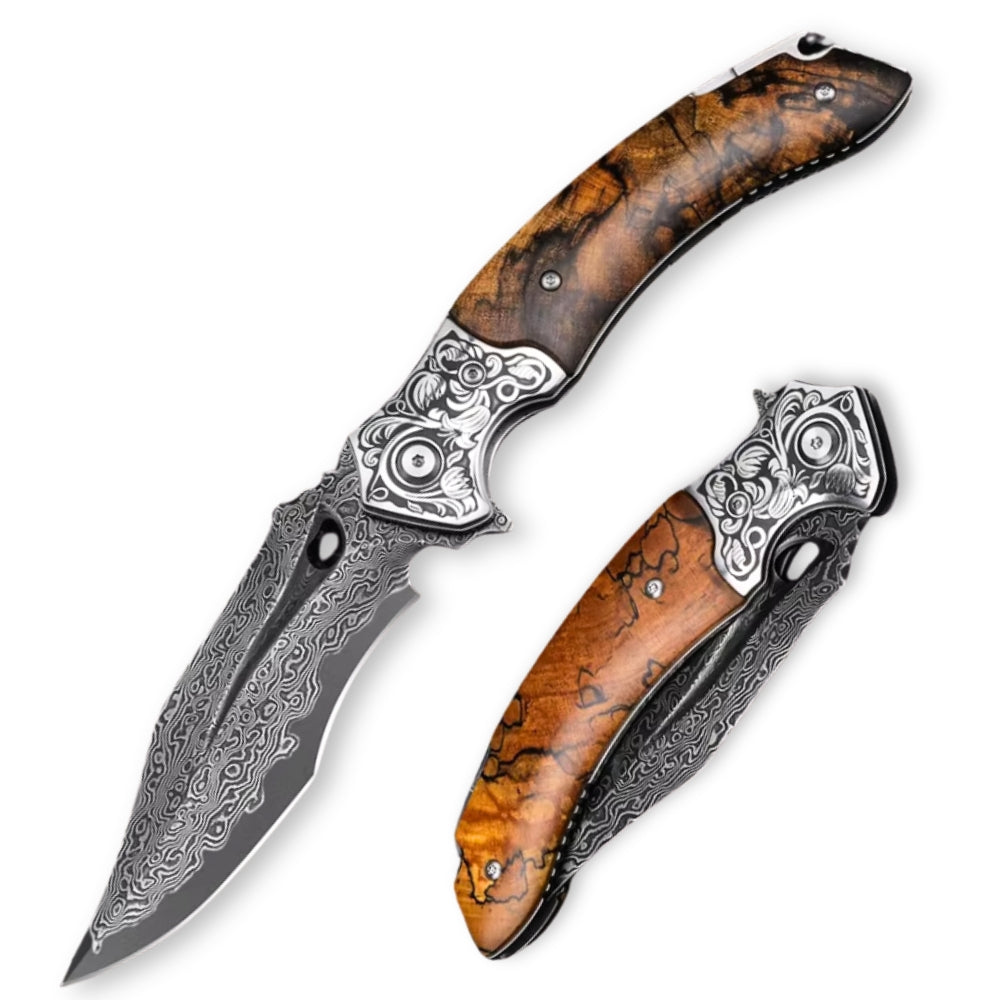
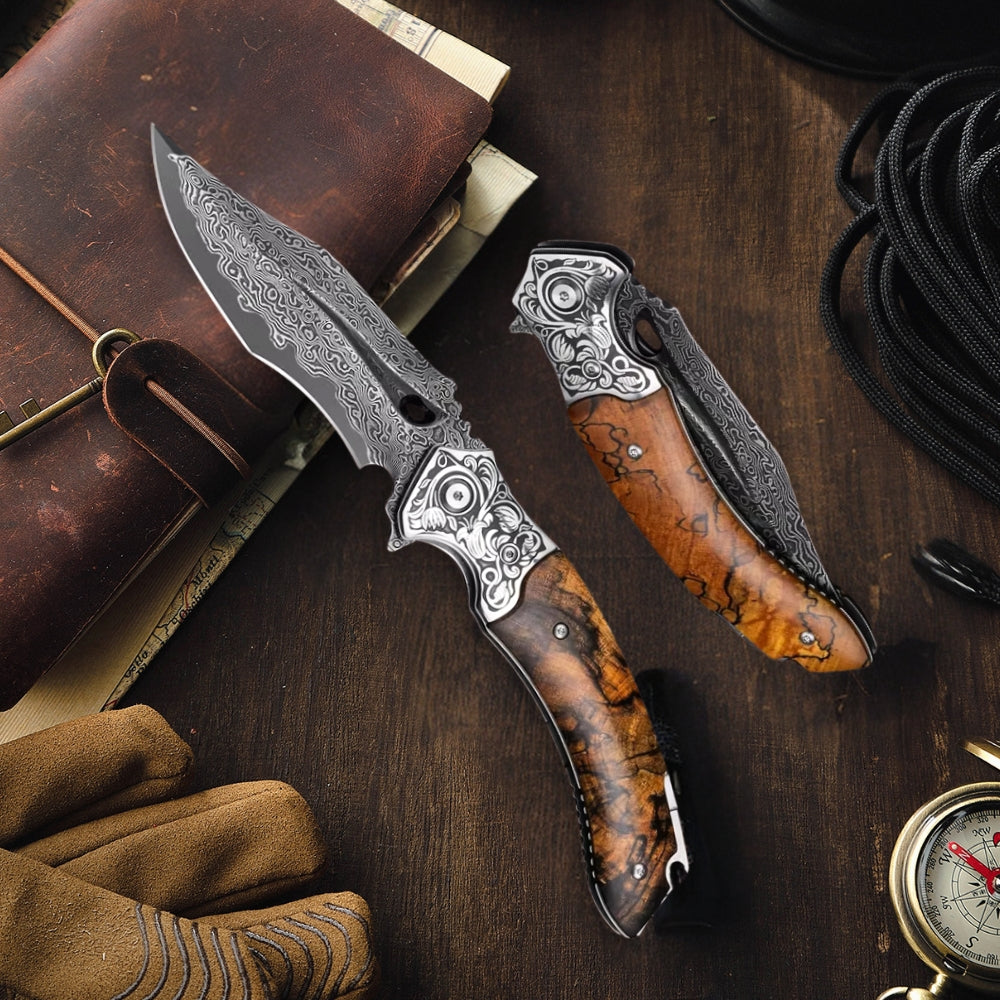
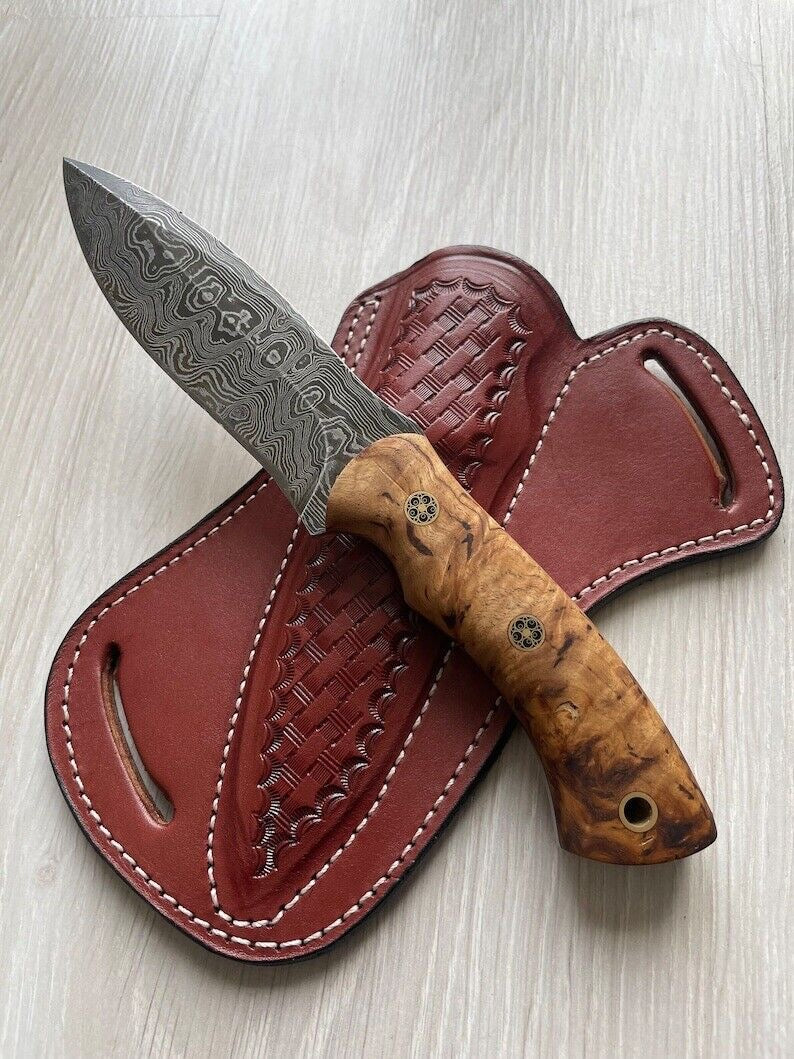
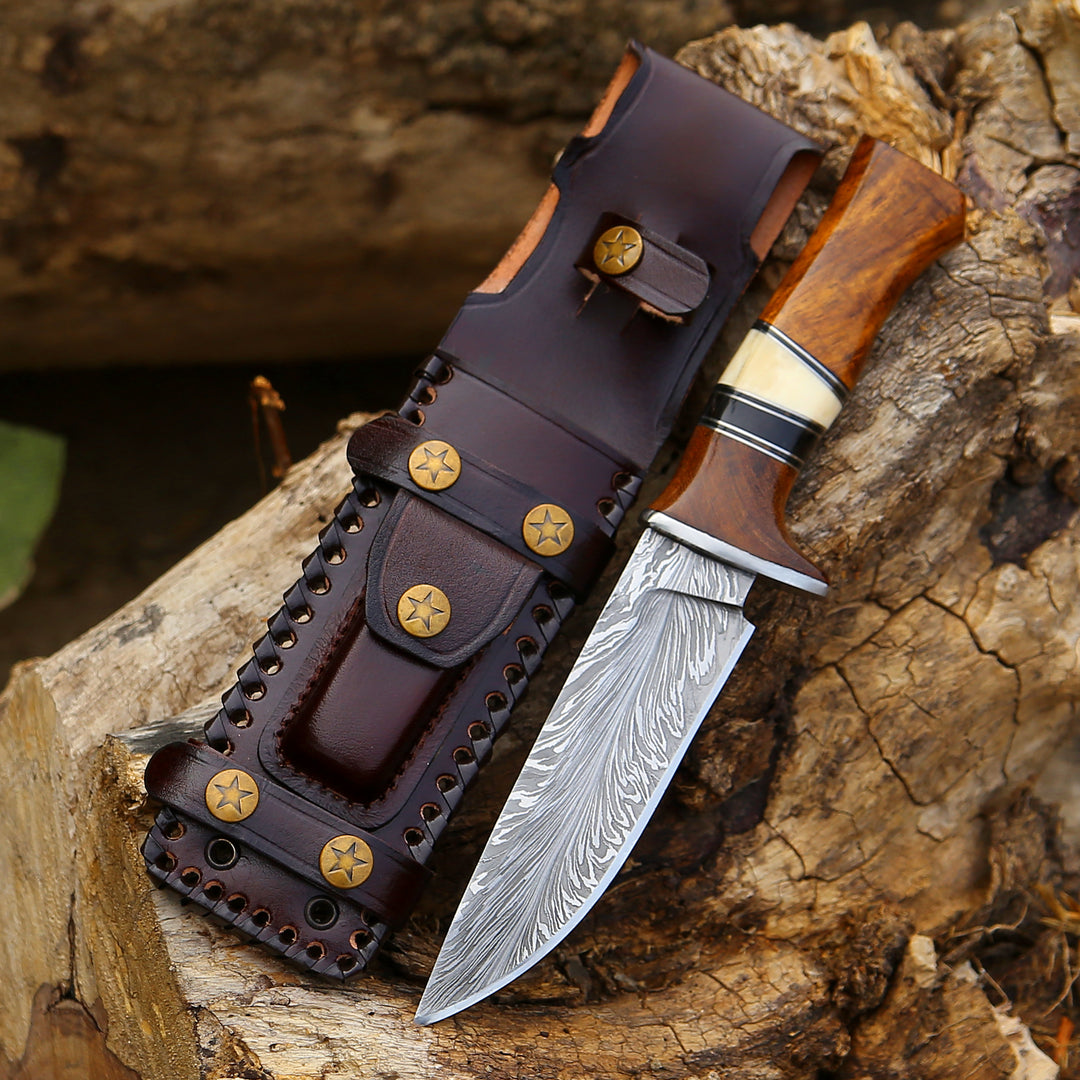
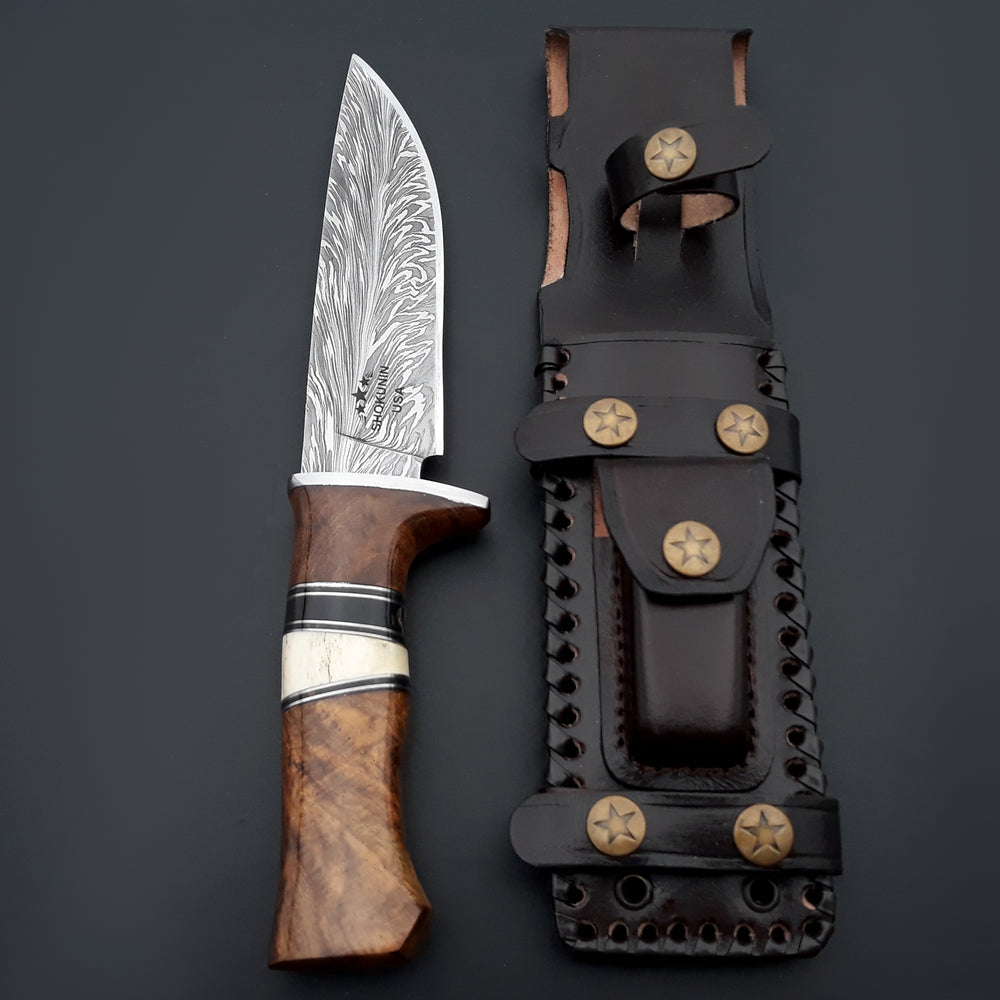
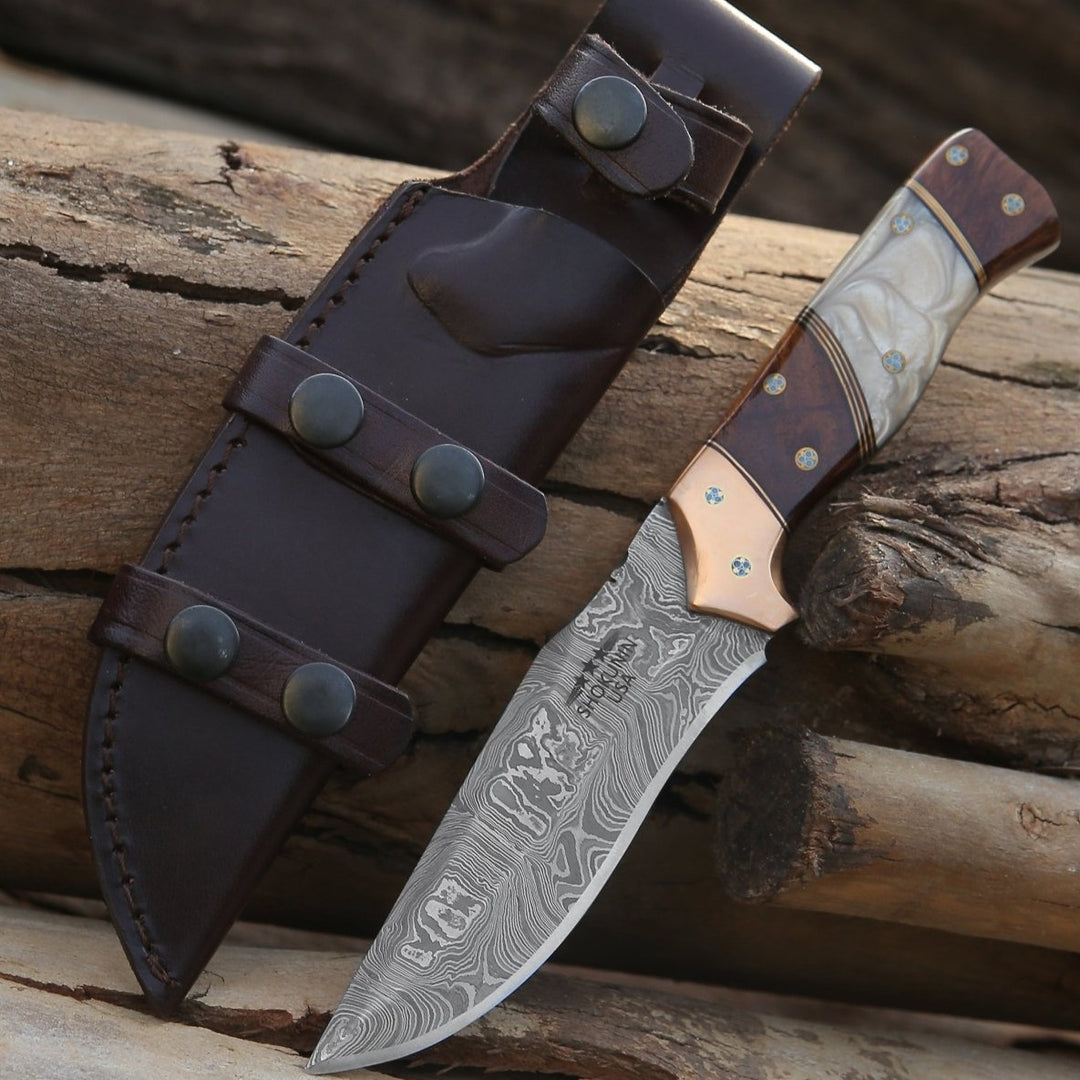
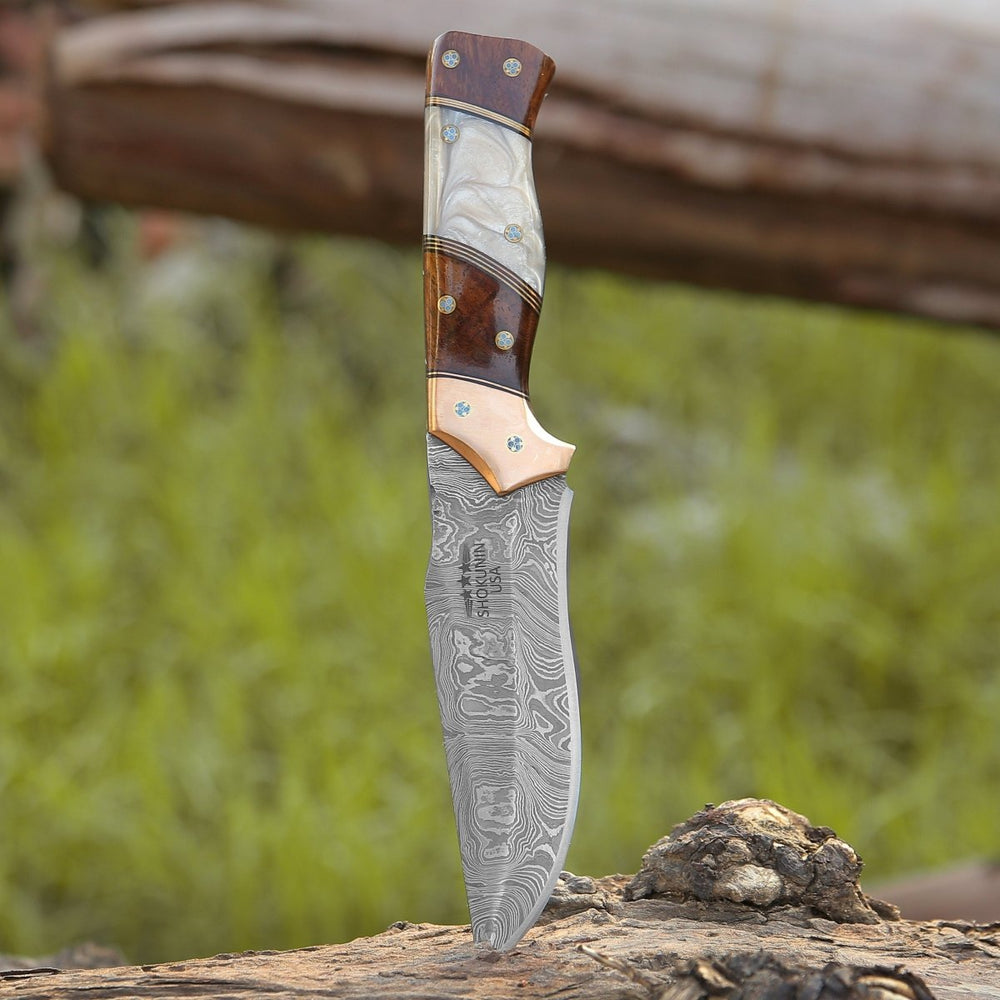
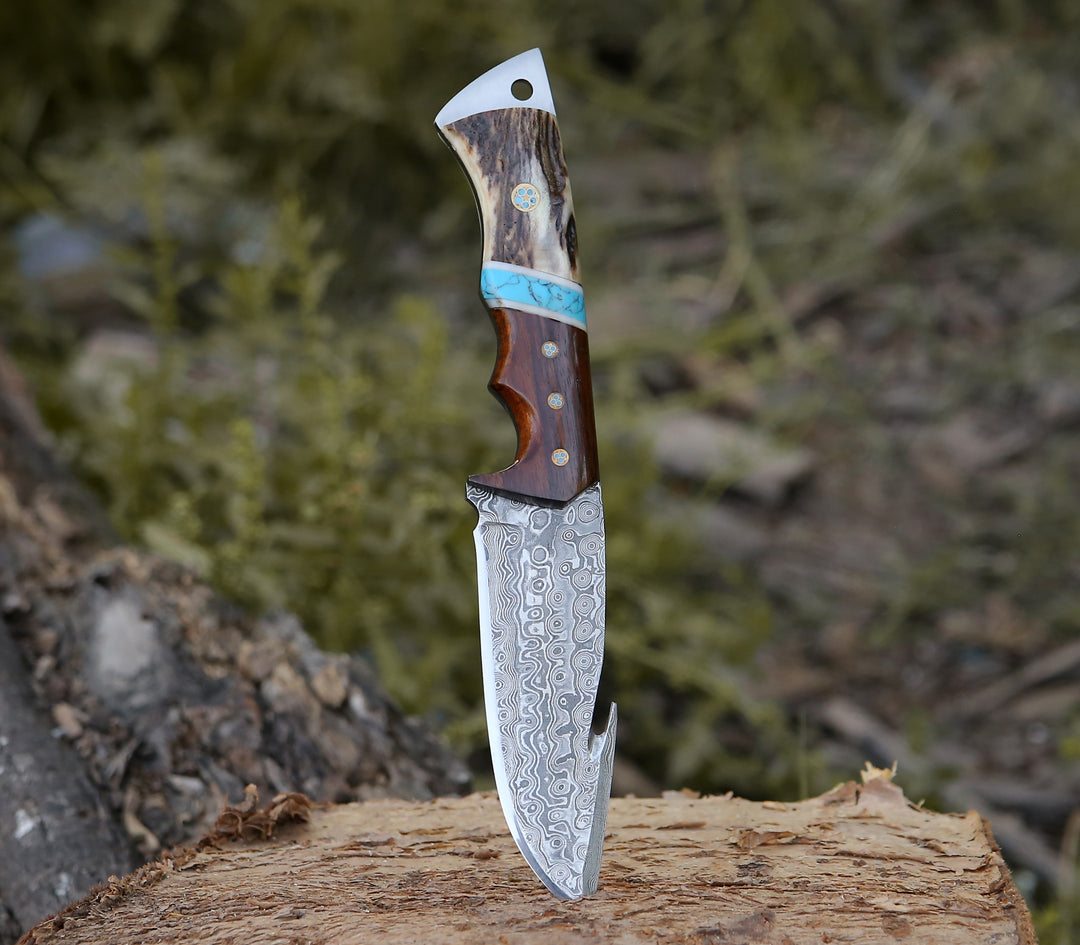
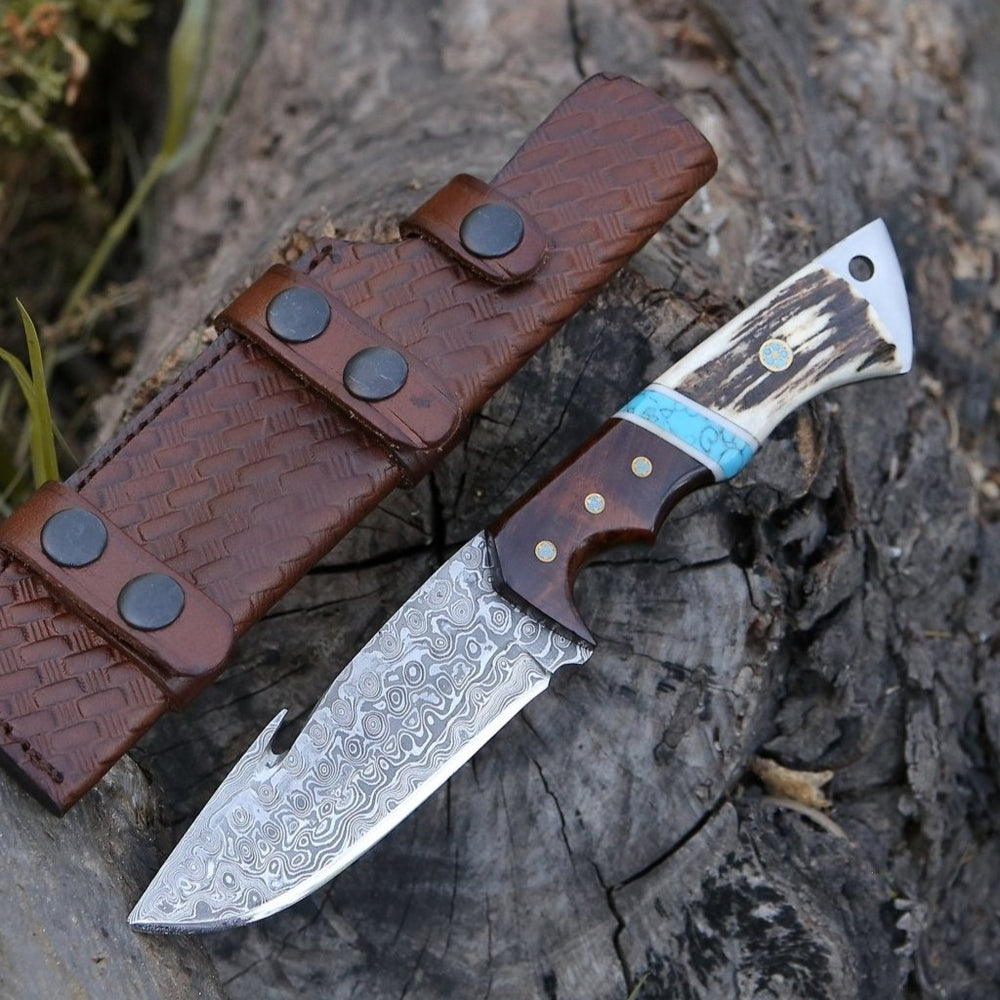
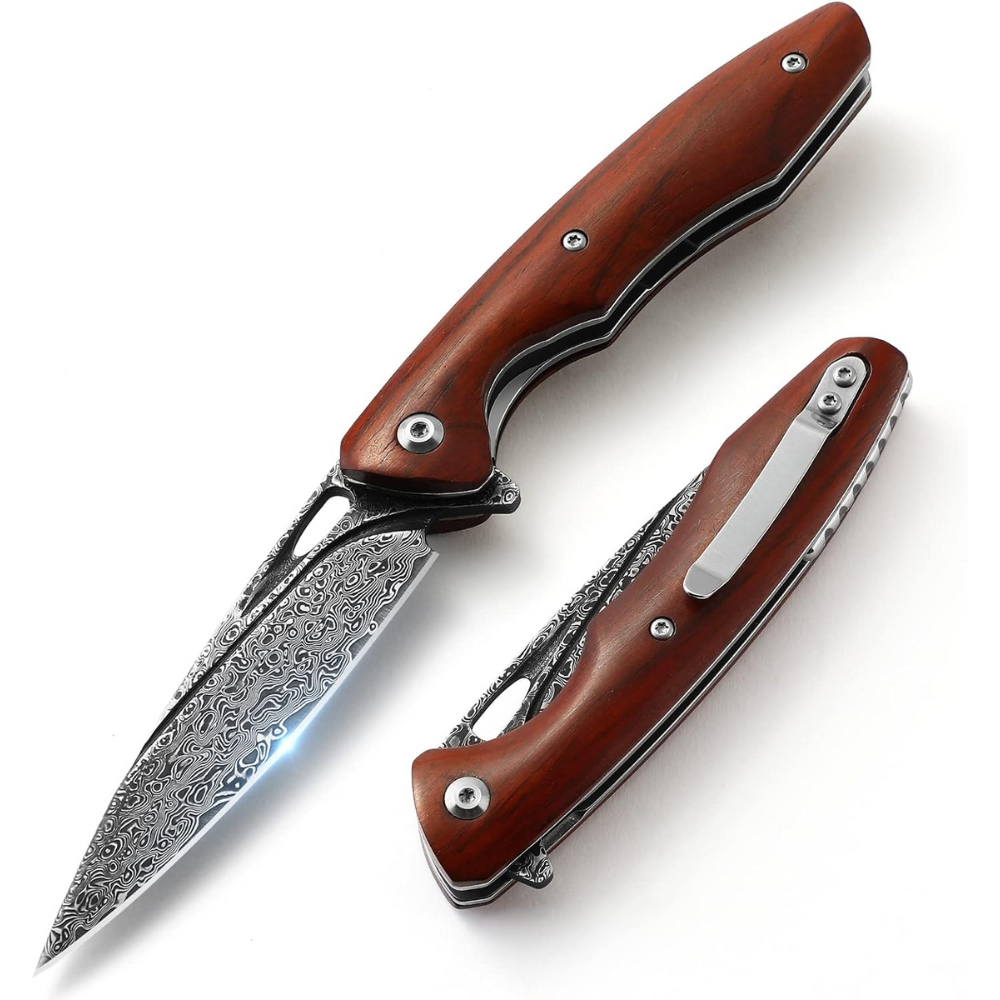
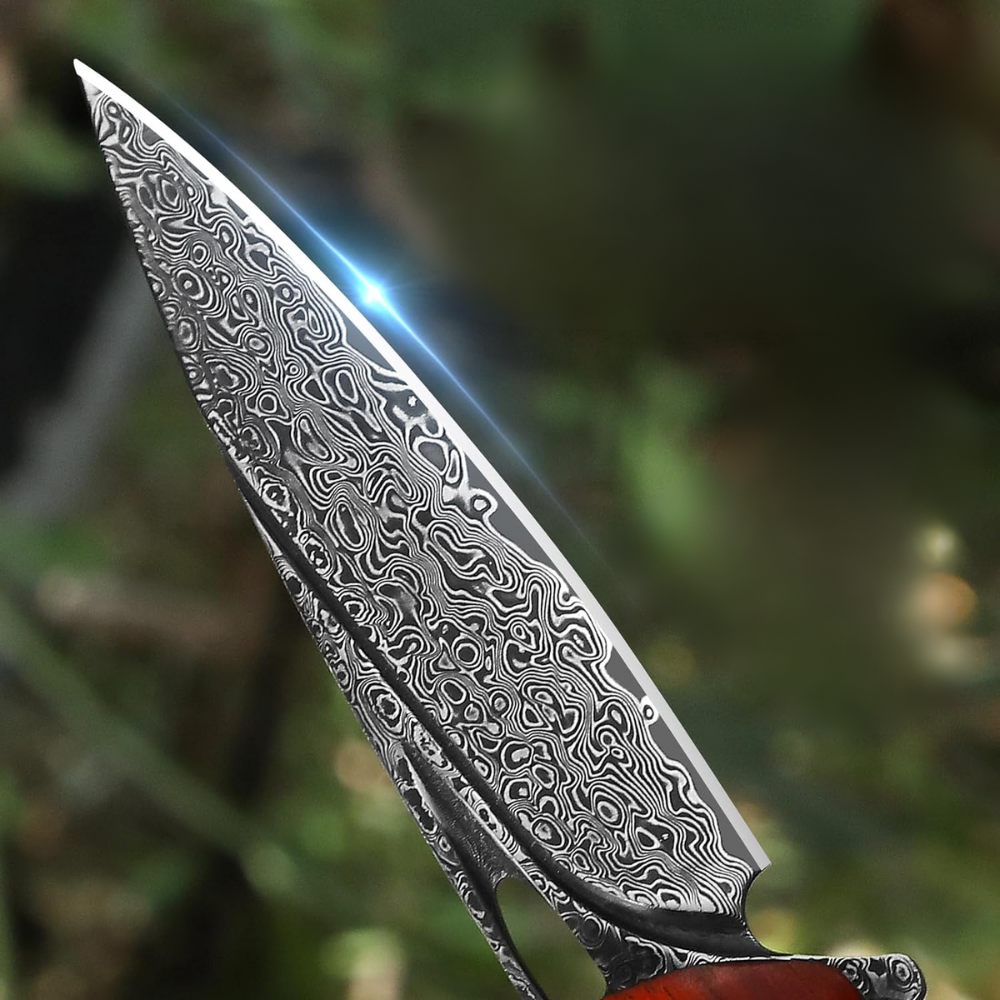
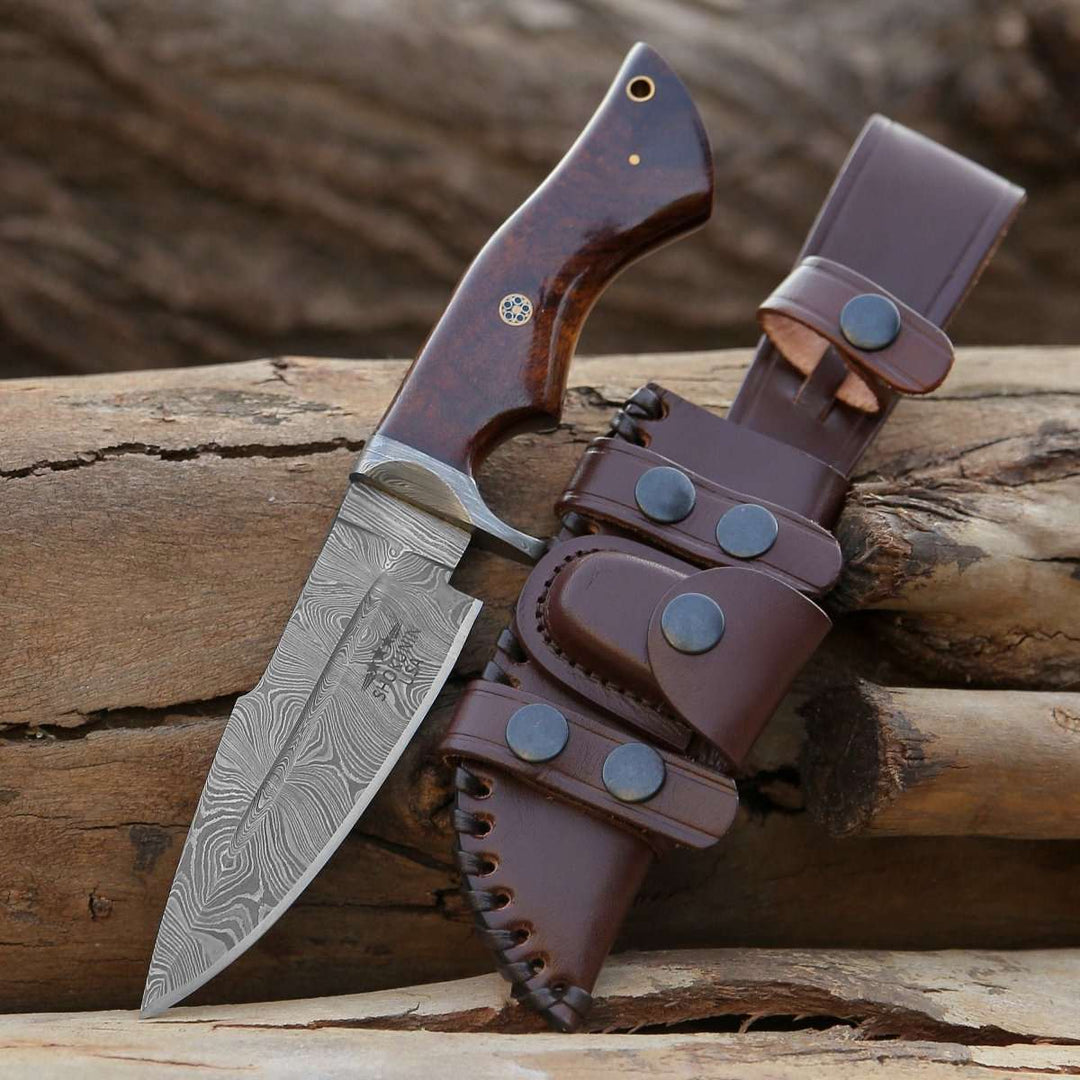
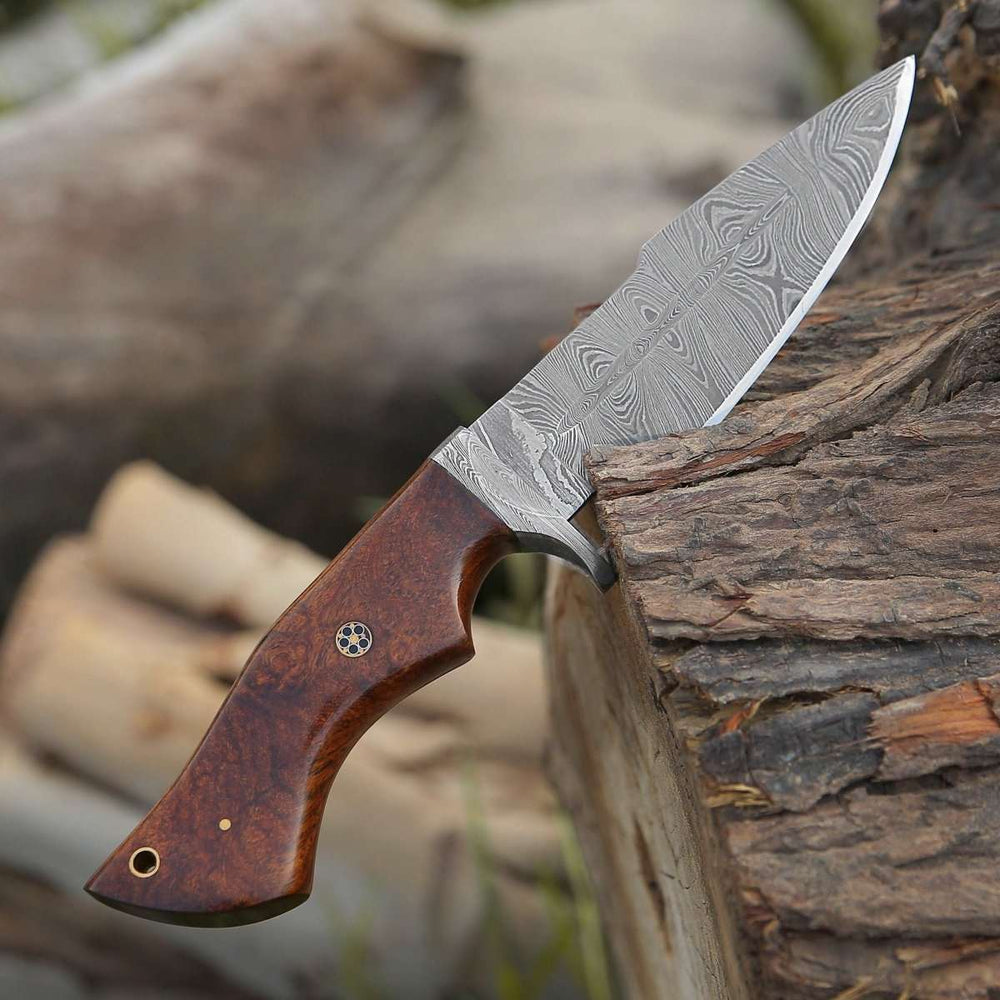
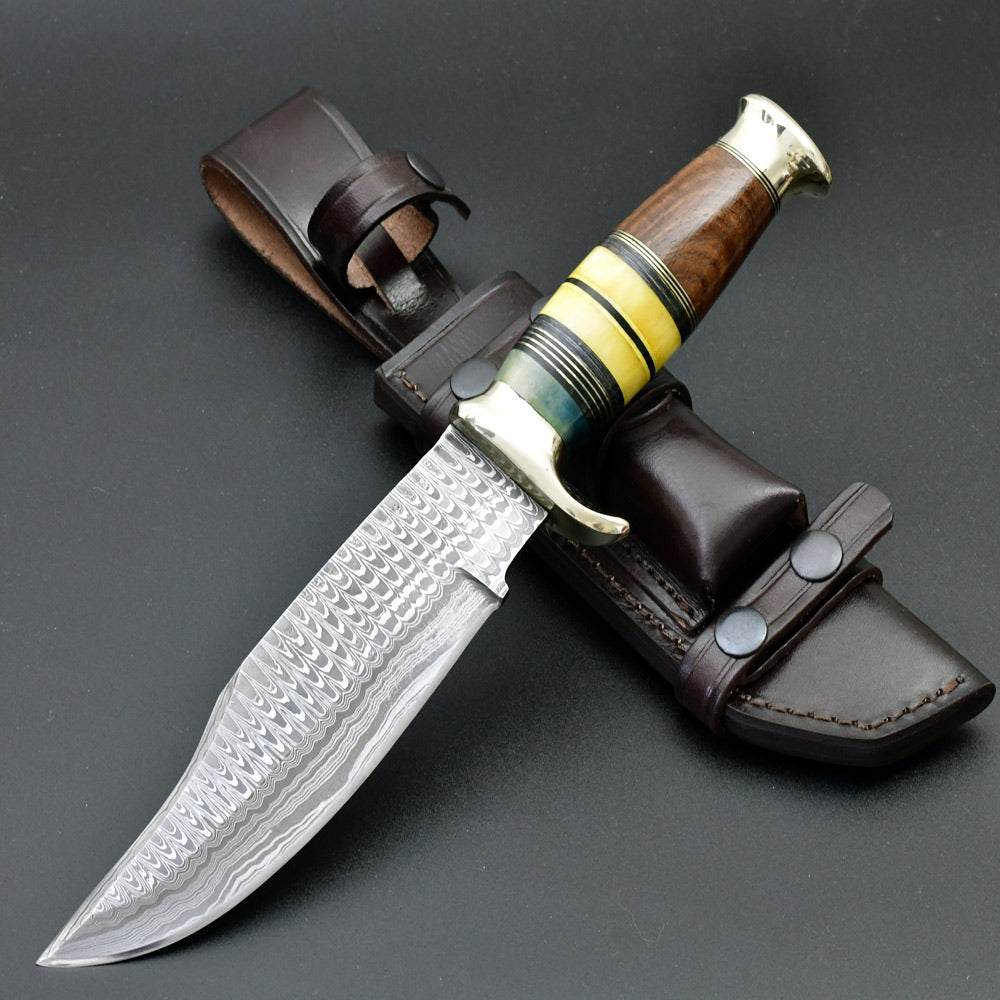
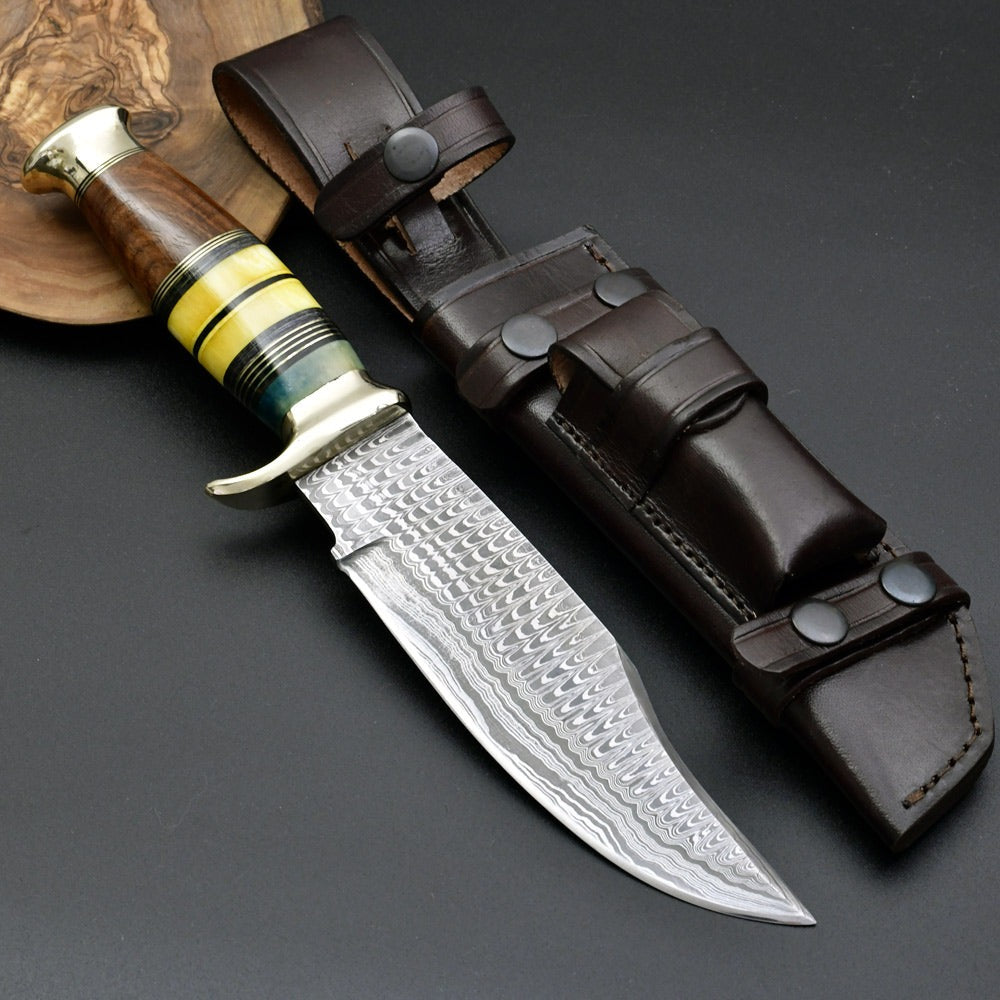
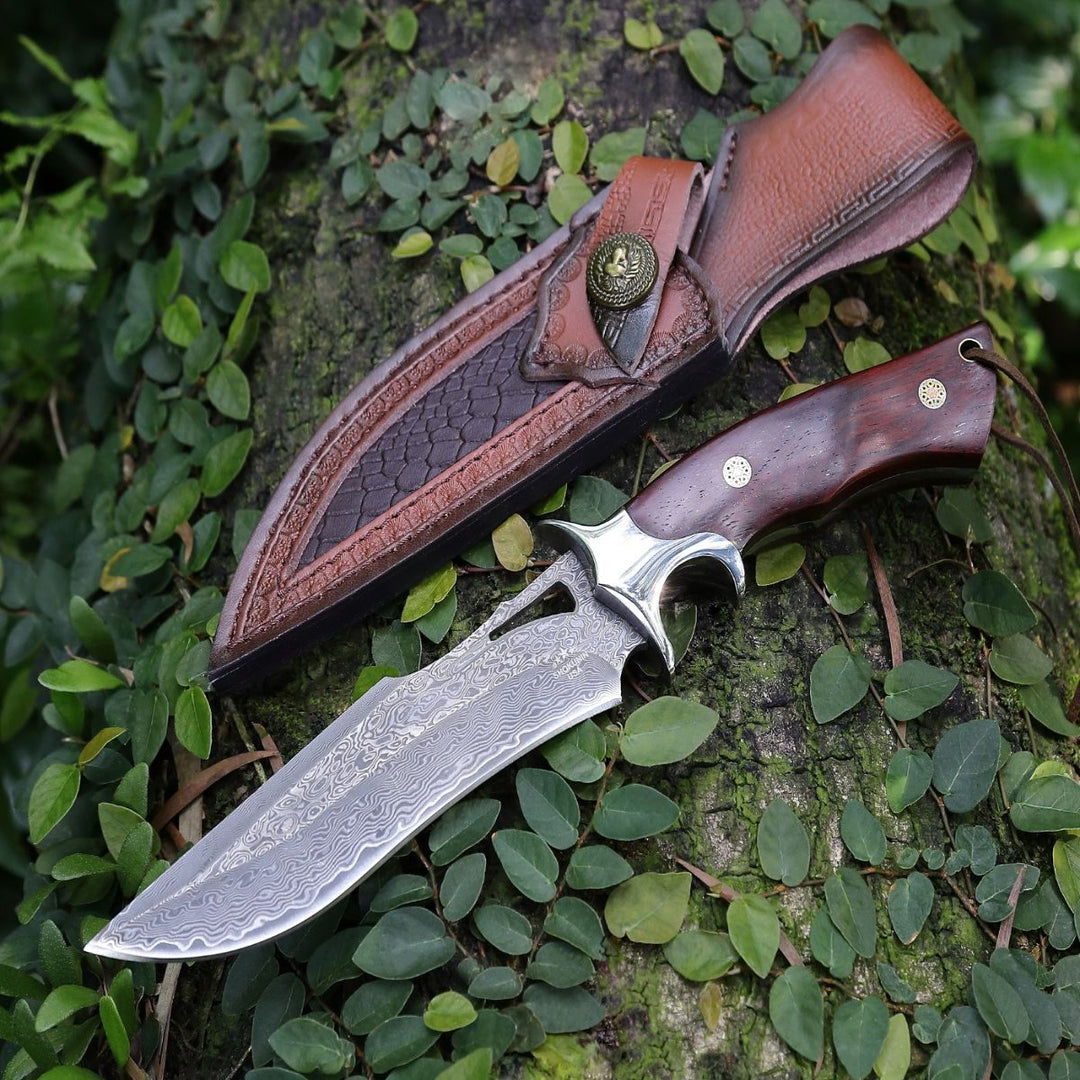
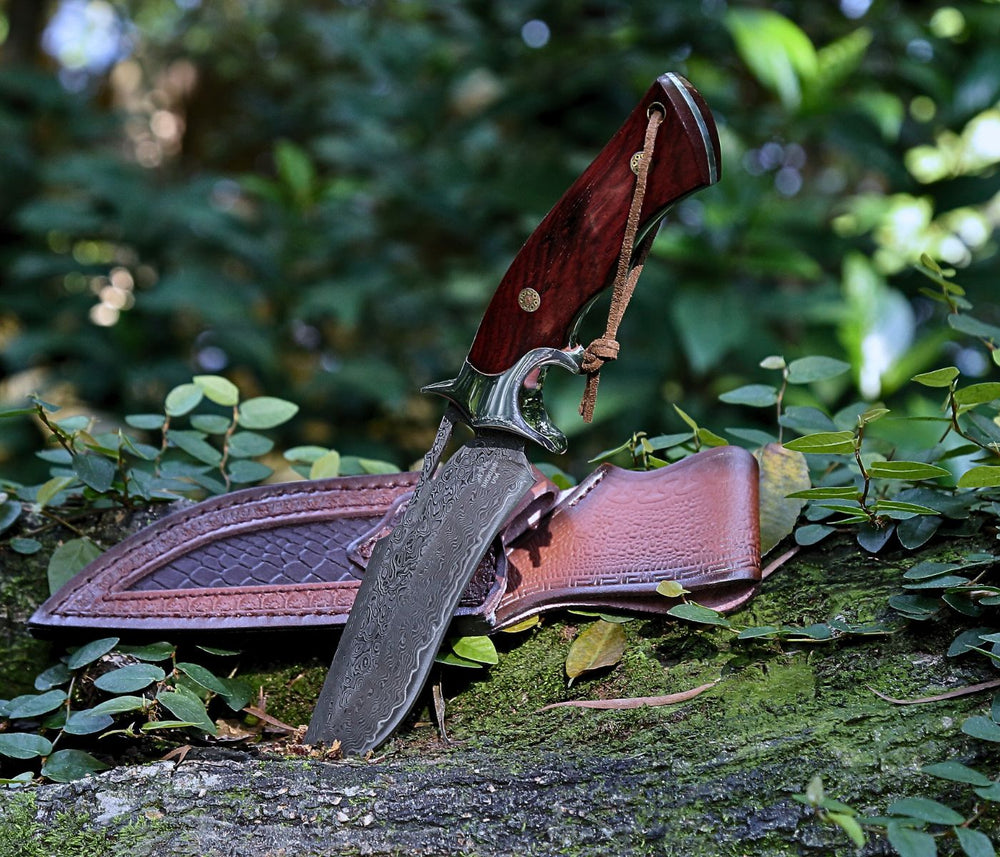
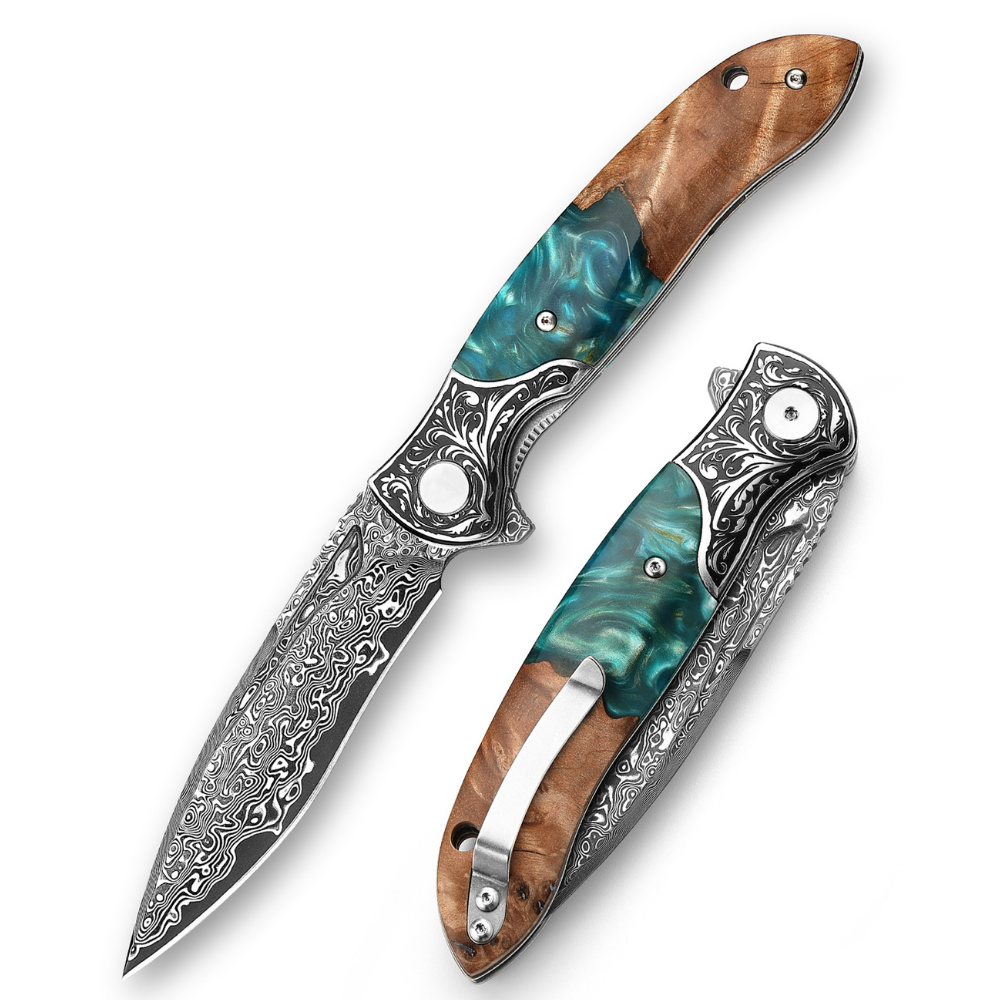

Leave a comment